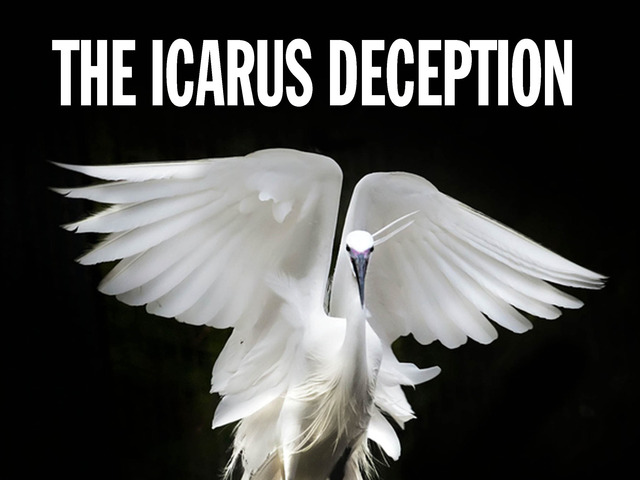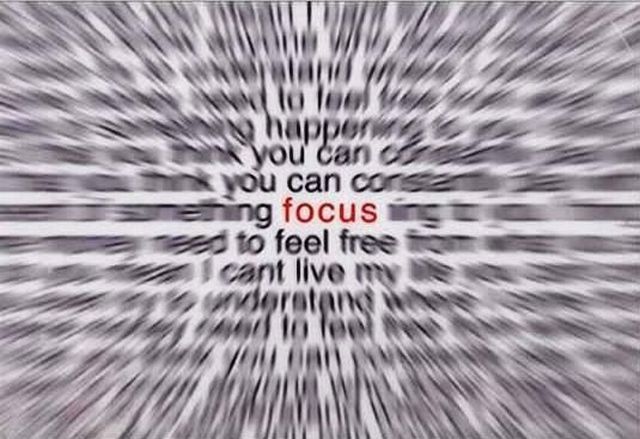 I was aware of Seth Godin’s new book before it was even started, when it appeared on Kickstarter as a crowd-funded project.
I was aware of Seth Godin’s new book before it was even started, when it appeared on Kickstarter as a crowd-funded project.
I didn’t fund the project. I meant to, but I didn’t get back to the page.
But when I saw it on the Kindle store I bought it immediately, then I took a while to get around to reading it.
I read a lot of books, so it is significant for me to say that this is possibly the most important book I have read in the last decade. Now before you click a link, or rush to your local bookstore, I need to make the point, that this book was important to me because of where I am in my life right now.I can imagine coming across this book 2 years ago, and not even bothering finishing it.
Fortunately this has not been the case and I will share with you why. The Icarus Deception is all about the industrial age, moving into the connection age. Those of you familiar with The Long Tail will know that it now makes economic sense to sell things to very small markets or Micro-niches in a way that never made sense in the industrial age.
Godin makes the point that the best people to make connections, real human connections, are the artists. And he goes on to say that everyone (yes, even you) is an artist. I cannot even hope to do the book justice by trying to present his case here, so instead I will mention a few impacts this book has had on me.
Weaknesses Turn to Strengths
Education: I have suffered all my adult life from a belief that I was somewhat inferior due to my lack of education (leaving school at 16). Sure I push this thought down deep, and ignore it 95% of the time, but it is always there. And if I were to write a list of weaknesses it would be one of them. Reading through this book I realised that this is can be strength. I have not been taught to be rigid or inflexible, I easily and fluidly change my plans as I become aware of new information. I don’t stress about making mistakes because I have not had so many years being taught that mistakes are wrong
Focus: I am interested in EVERYTHING. I have an insatiable curiousity and  fascination in how everything works and why. I have been told that this is a lack of focus and I ‘waste’ my time on too many unproductive things. But this is a strength in that it adds richness and texture to my internal map of the world. I get closer to how the world really is, and I am able to discern patterns and trends that others cannot.
fascination in how everything works and why. I have been told that this is a lack of focus and I ‘waste’ my time on too many unproductive things. But this is a strength in that it adds richness and texture to my internal map of the world. I get closer to how the world really is, and I am able to discern patterns and trends that others cannot.
For example I was recently invited to attend the Amazon Web Services (AWS) Summit on cloud computing. I asked work if I could attend (no cost to them except my day of work and use of a car to get there), and they said “No, it doesn’t apply to your role”. So I took a day of annual leave and went anyway. I have no idea of computer architecture (well I have a better idea now!), and I no pre-concieved outcome for the day. –I know what you’re thinking; what sort of nut does that?
It was a great day, I learned a great deal. I was able to make some connections and spot an opportunity for a friend that could be life-changing.
Outspoken: Certainly my outspokeness is seen as a weakness, and a pain, by my bosses and some colleagues. It is also seen as a weakness by many of my friends. “Why don’t you just go along with it. Don’t make a fuss, you will only cause yourself more problems”. This is such an issue that it was a common term in our department if someone spoke up and ended up in strife, they had Chris-pedoed it. (as in torpedoed) Obviously I did it more than anyone else, and I was starting to believe that this was in fact a weakness.
But The Icarus Deception helped me to realise that I was speaking out because I was wanting to set a higher standard. Why stop at the minimum we can do on this project when for a little more effort we can have something much better, with longer life, and we can be proud of? This apparently is what an artist does: Sets a higher standard for the work that they do.
And there are a few more, but I think I have made my point.
But this book was also a wake up call.
I have been working on a coaching program which I hope(d) to launch in the upcoming weeks.
However I realised that I had been focussing on all the wrong things. All the things that everyone else was focusing on, or what others told me I should be focusing on:
- How big is your market?
- How many will you sell?
- How much will you make?
But heeding the core principles of The Icarus Deception the real questions should be:
- How can I make this program more transformational for my clients?
- How can I positively increase the speed of their transformation?
- How can I connect more effectively with my cliients to create a better outcome for all of us?
Answering the first questions can create a profitable me-too business, like many others out there. Answering the second questions could change the game, create a business unlike any other, and generate all the work and profits that I could want.
-Or if I didn’t get the answer right it would not.
But I am still better off asking those questions and trying to hit those answers. Missing. Adjusting my aim and trying again. and again. and again. Than I would be just settling for business the same as everyone else. –Don’t you think?
So, Yes, I do recommend this book to anyone who is facing a change, or who might be questioning where they are or what they are doing. And I think it is a must read for artists.
It is interesting that I previously wrote a post here in a similar vein: Artistry & Mastery: The Missing Ingredients
Please leave a comment below and let me know what you thought of this post. Did I share too much, or too little? Did I tell you enough about the book or not? And if you have read the book I would love to hear your opinion.

2 Responses to “The Icarus Deception – A wakeup call”